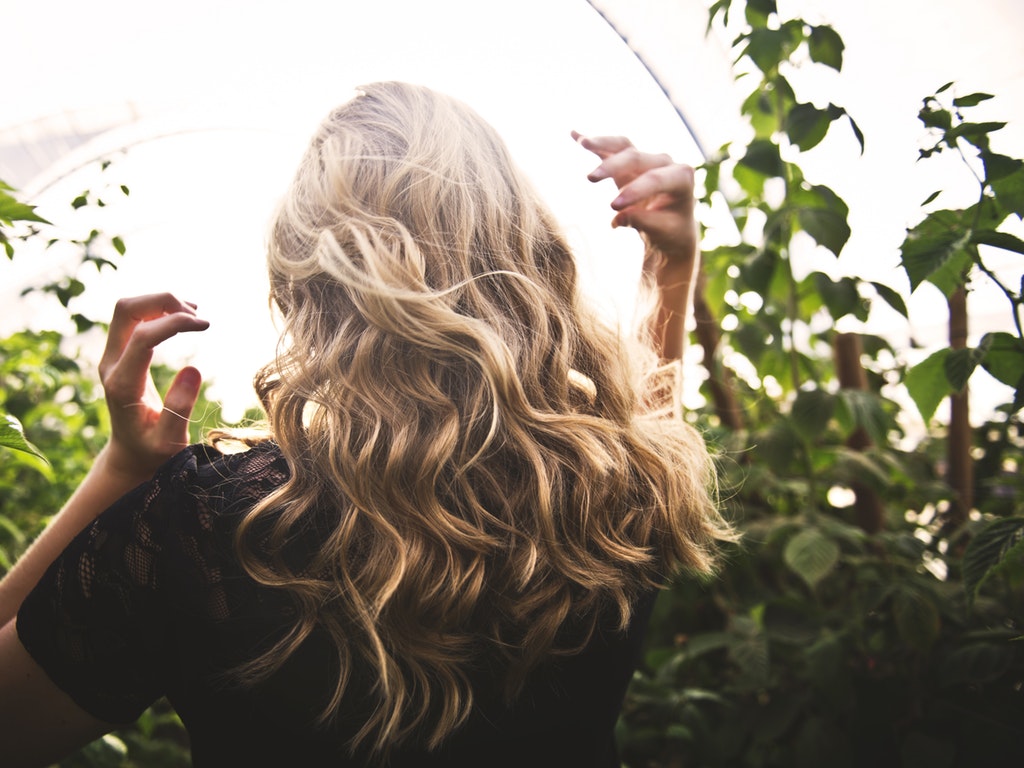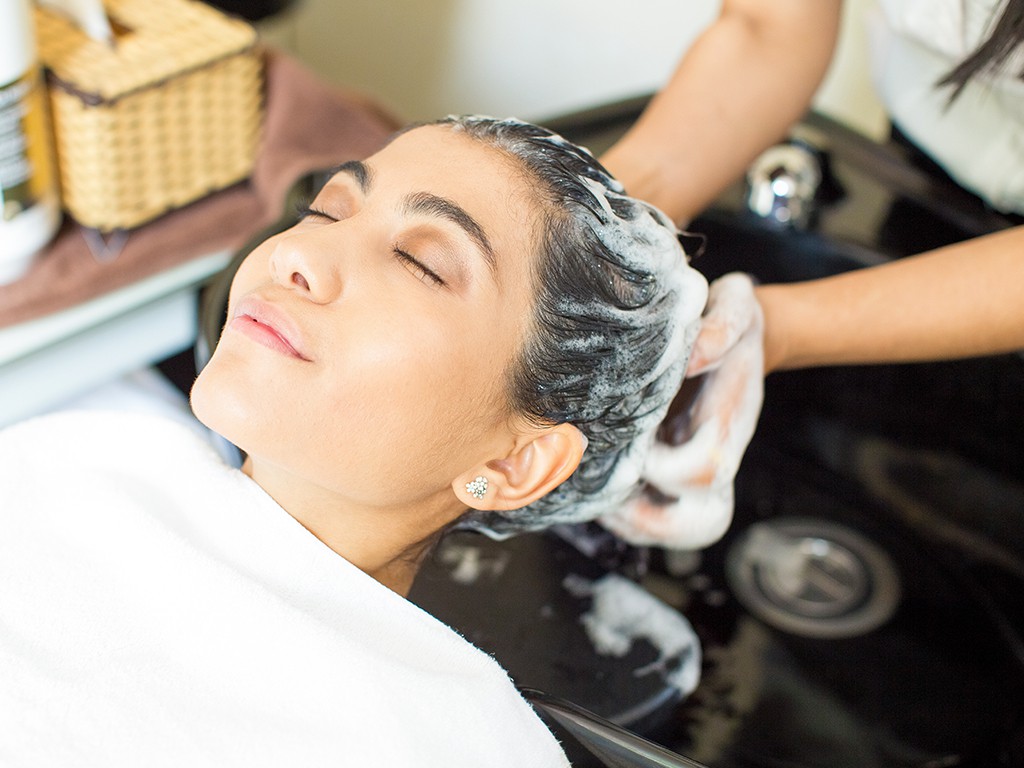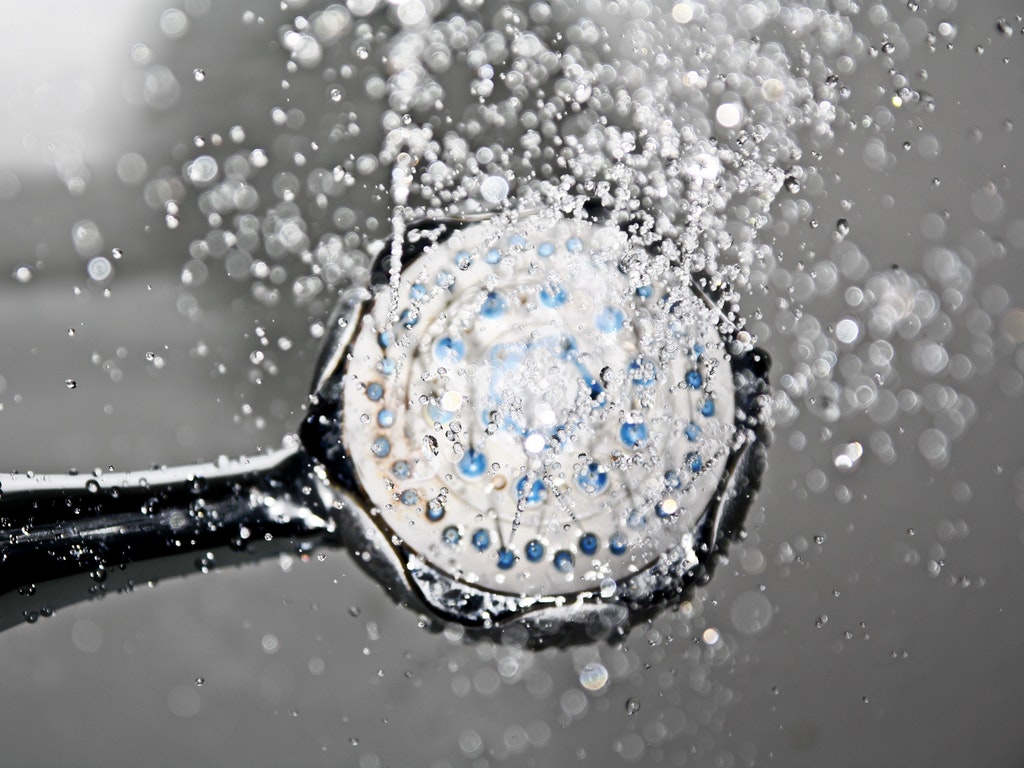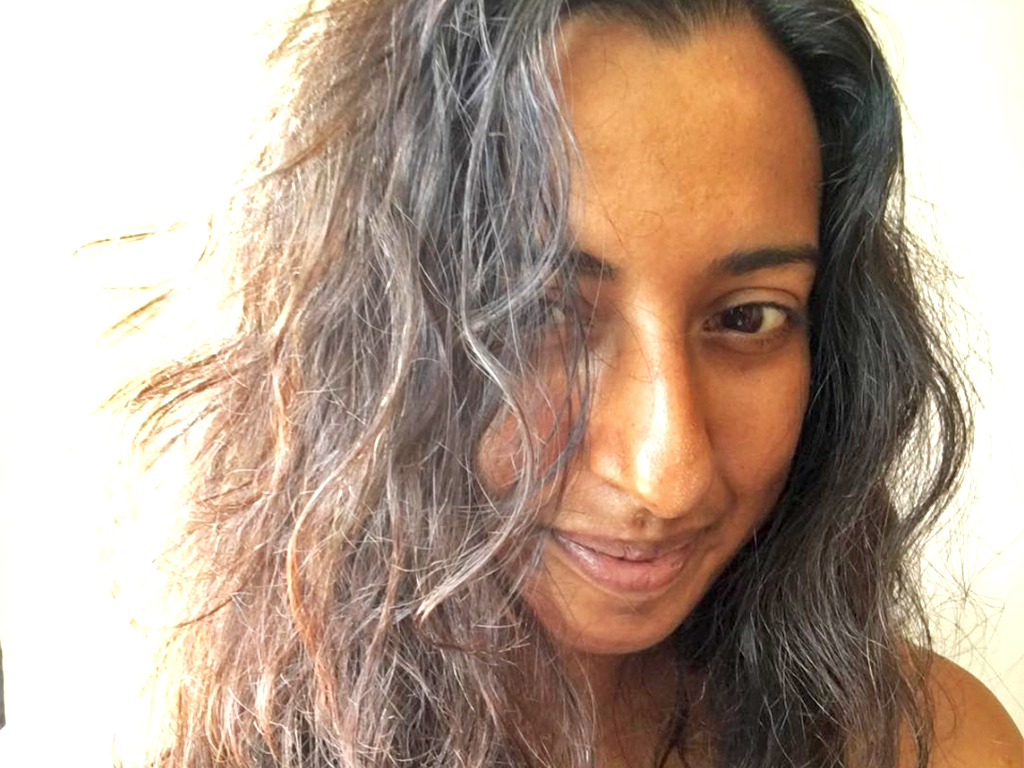5 Mins Read
As far as hair care goes, there are countless options to choose from. Grocery store aisles and beauty shops are chock full of products that promise to gloss, lengthen, volumize, thicken, or keep the color your tresses are rocking. But marketing promises aside, how healthy is your hair? With all the questionable toxins lurking in your favourite shampoo and conditioners (John Frieda, be damned!), how do we maintain our mane and establish a hair care routine that can be nourishing and natural without sacrificing our safety or that of our family?
What if we told you that your hair could be just as healthy and shiny if you lathered less? Oh yeah, it’s a thing. The anti-shampoo movement – No-Poo or (#NoPoo for your IGers) – has been steadily gaining traction in past years. According to The No Poo Method, a resource on getting started with natural hair care, the practice calls to stop using shampoo to wash your hair. Rather, by rinsing with straight water or other natural alternatives, “you’ll achieve clean hair without the damage or dependency on daily shampooing.” The method boasts leagues of devotees all over the internet and even has its own forums on Reddit and groups on Facebook dedicated to tips and tricks to help you achieve. Below, we break down ‘No Poo’ to give you the lowdown on this hair trend.
Why Should We Skip The Shampoo?
The first thing to know is that healthy hair starts at the roots. Sebum, AKA your hair’s natural conditioner, is constantly being secreted from the scalp. The oily, waxy substance from your sebaceous glands protects the hair shaft and makes it look shiny and healthy, BUT, if you are producing too much sebum, it’ll accumulate to the shiny, greasy mess we all know and loathe. Commercial shampoos are designed to cut through the grease and dry out excess sebum, but many hair care products are loaded with harmful toxins and contain harsh detergents that strip the natural oils needed to maintain healthy locks. Ergo, washing your hair daily – to clean the oils from your scalp – can send sebum production into overdrive when they sense your hair drying out, trying to replenish what you’re looking to wash out. It creates a never ending cycle, all while rubbing chemicals onto the largest organ you own and washing it down the drains into our water supply, rivers and oceans, and consequently, into our earth causing more hidden environmental damage that we might not think about.
The No Poo Method
The key is to keep the sebum in check. That way, you could go much longer in between washes without amassing oily, greasy scalp. Washing your hair with water only is the simplest and safest No Poo method. Clean your hair with warm water to get the oil off your scalp and make sure to wash the oil off your fingers with soap. Brushing your hair will also help to distribute the oils to prevent any blockage around the hair follicles. The first few days might not yield any results but stick to it while your sebum production pushes the reset button on itself, which could take anywhere between two to six weeks. Other techniques will suggest cleaning the oil buildup with baking soda and vinegar and while there are forums and blogs that provide guidance and support, we found harrowing personal accounts about the pitfalls on using baking soda so proceed with caution.
We wanted to get an insider’s view on the whole No Poo process so we sought out an experienced member of the community to give us her recommendations.
What The Expert Says
Environmental consultant and zero waste influencer, Smita Jairam, began her No Poo journey over a year ago. Volunteering a lot of time with marine conservation projects off the coast of Borneo and Malaysia, Smita’s catalyst for change came from the open seas. “I’m a Reef Check EcoDiver and one thing you see is a lot of plastic waste,” recalls the active outdoor enthusiast. “You see a lot of shampoo bottles, deodorant bottles, pesticide bottles, and I just couldn’t take it.” Looking for ways to reduce her personal impact after already swearing off hair conditioner three years earlier, she wanted to take it one step further.
“I read an article on No Poo about using baking soda and vinegar, but I use that stuff to scrub my toilets so no,” she says with a laugh. Instead the avid swimmer decided to forgo shampooing her hair for one month with water only. The results convinced the former Aveda-loving brunette to continue on. “When you stop using shampoo, your hair starts detoxing. Similar to drinking and smoking, my hair was great for a few days, then it got oily, then it got really dry, and then I had no idea what was happening,” explains Smita. After about five months of water washing, Smita began using a natural, locally-made shampoo bar (that came package-free from her local bulk store) every two weeks before seeing bountiful results.
Stressing the need to weather through the detox period, which can take up to a few months depending on how much product you’ve used in your hair, Smita suggests to continuously massage your scalp to spread the oils in your hair. Oil the tips with coconut oil when it gets dry to prevent breakage and hydrate the ends. “What I do with the oil is, I get the coconut oil bulk-free from my local bulk shop and I infuse it with rosemary leaves from my garden because rosemary is really good for your hair.” Using that infusion for an overnight hair mask every two weeks, Smita will wash off the mask with the shampoo bar. “Since then my hair feels a lot thicker, healthier and there’s definitely less breakage. What also really helped was starting my Instagram account to help document my hair. You’ll get a lot of support from other people and they get inspired from you and exchange stories and tips.”
While there are plenty of other ways to wash your hair without synthetic commercial shampoos like soapnuts or making your shampoo, the mission of No Poo is reduce the amount of harsh chemicals being introduced into our bodies and being washed down into our waterways and environment. If you’re game to try, know that you’re not alone. Start by washing your hair less often to allow your hair’s natural oils to nourish your scalp and do the work for you. The Internet is full of resources to get you through the oily transition. Invest in your hair and make it the healthiest it can be, go #NoPoo.
Images courtesy of Pexels (lead), Freepik/katemangostar, and @xerowaste.






